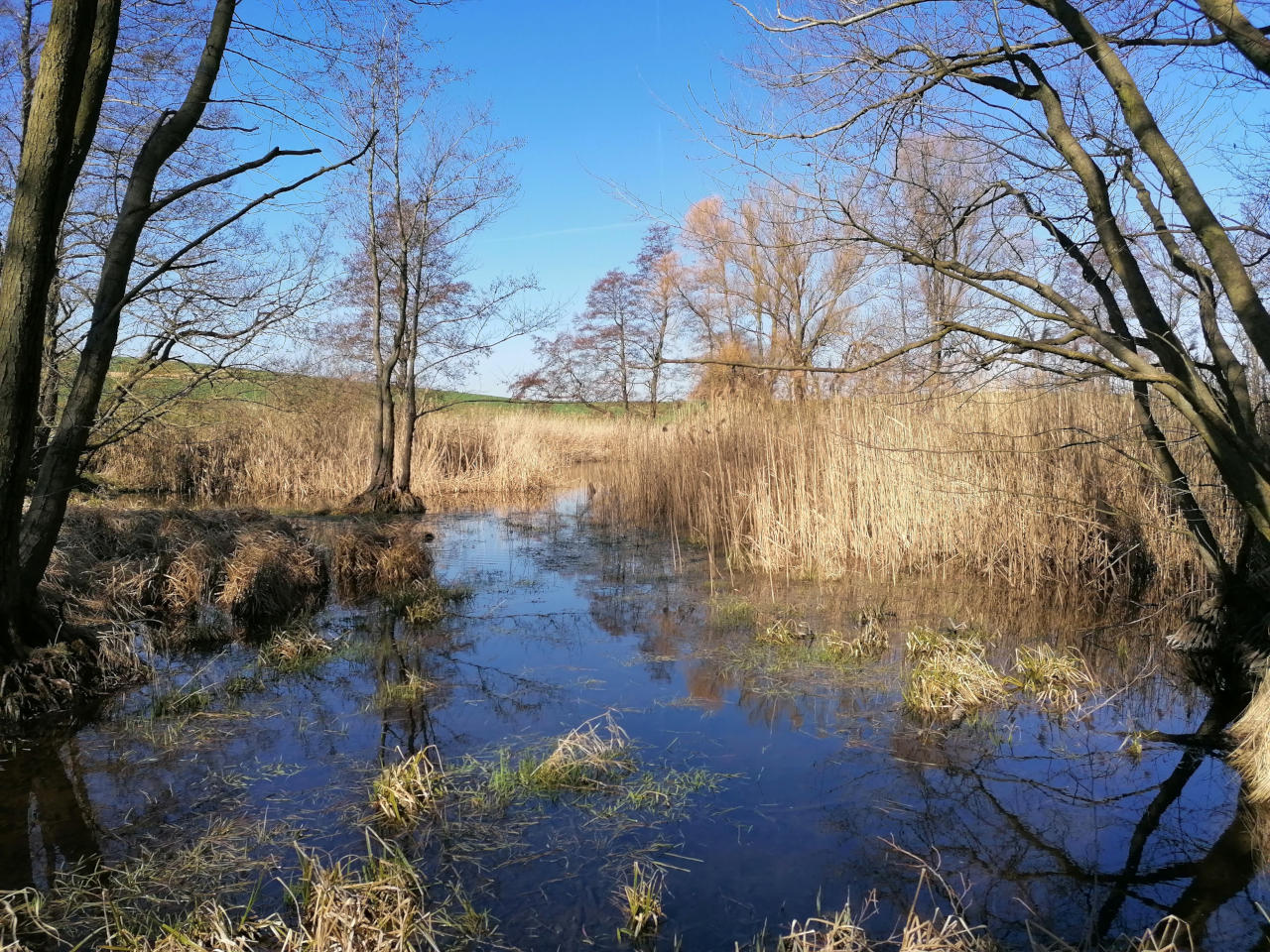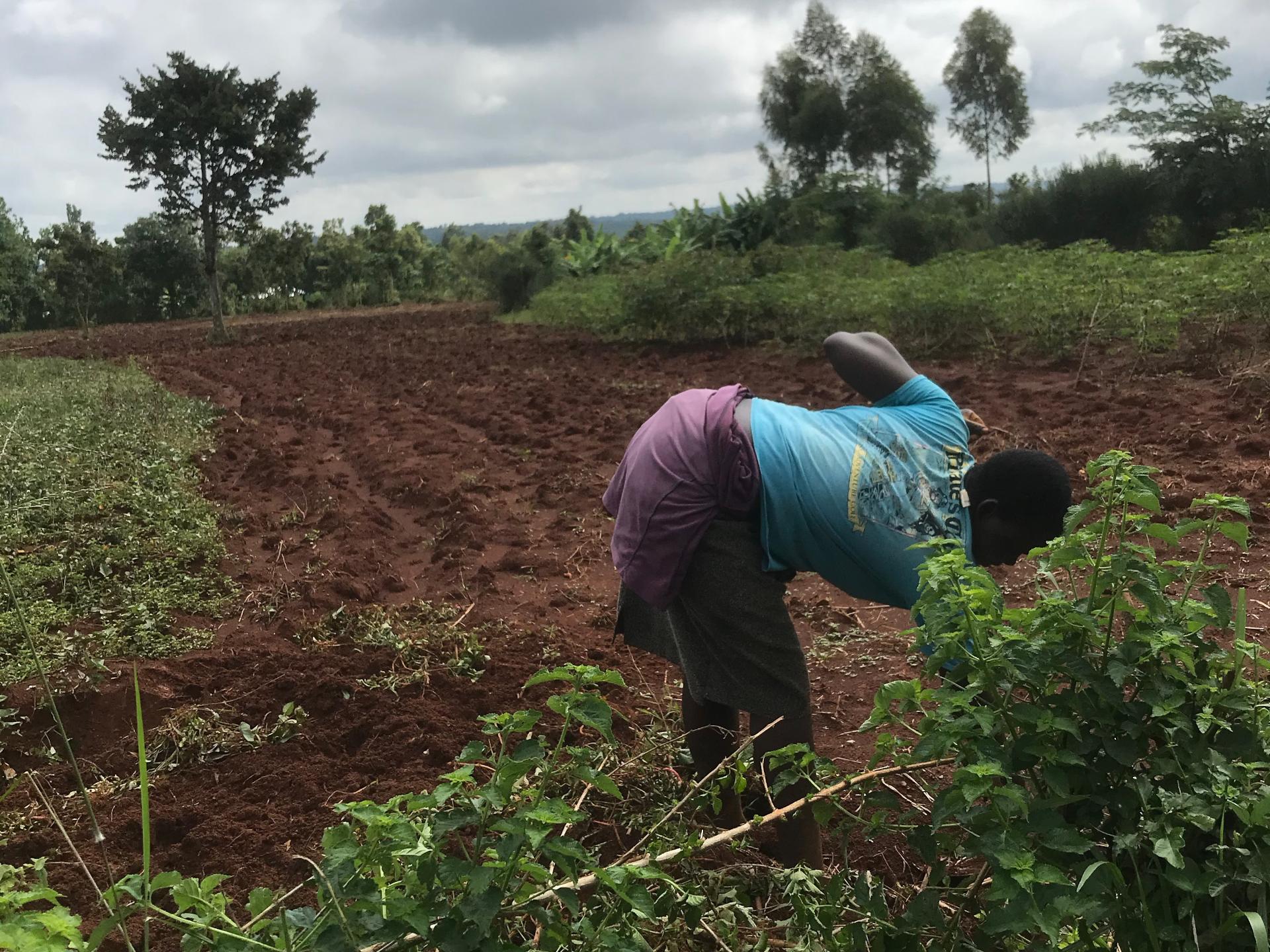Introduction
In the 21st century, climate change and digitalization are megatrends, and their development will be decisive for humanity’s future. Climate change (CC) will determine the livability of the planet, while digitalization, artificial intelligence (AI) and machine learning will shape the way we work and live.
The Climate Change & Artificial Intelligence community in Berlin
Our Mission: Build a community
We provide an interface between the artificial intelligence and climate change communities in the Berlin Brandenburg region, offering joint workshops, developing joint strategies and establishing new collaborations.
Leading researchers at the intersection of CC & AI are working in diverse institutions in the Berlin-Brandenburg region. A wide range of AI experts and world-leading specialists are organized in the Berlin Institute for the Foundations of Learning and Data (BIFOLD) and the German Research Center for Artificial Intelligence (DFKI). Climate change research is similarly recognized internationally, spearheaded by the Potsdam Institute of Climate Impact Research (PIK) as well as the Berlin Mercator Research Institute on Global Commons and Climate Change (MCC), and including investigators and centers from a wide array of Berlin and Brandenburg institutions.
Our goal: Deliver AI solutions for climate change (on the levels of governance, pathways, tools)
- We will organize joint seminars of AI and climate change research in Berlin and Brandenburg. These will be convened online bi-monthly, as well as in-person twice a year. In these seminars, researchers will present their analyses and seek feedback both on method and scope. This exchange will accelerate skills and knowledge and is envisaged to also foster collaboration between research groups and different scientific fields.
- We will establish a strategic base for furthering research and academic excellence on climate change & AI and AI-based privacy preserving climate governance.
- We will advance strategic research projects that encompass several PIs and working groups. This comprises existing and new research projects.
Workshops: Climate Change & AI Berlin Brandenburg
(registration via kommunikation@climate-change.center)
Feb 9th from 10am-12pm Felix Wagner - Data Management in the context of the Climate Change & AI network Berlin Brandenburg (CCAI-BBB)
To facilitate collaboration in the CCAI-BBB network, a coherent data management strategy becomes important. A first step in developing such a strategy is the mapping of data specific expertise in the CCAI-BBB network, a mapping of existing data sets accessible by the network and defining common future goals. The idea is that a (light) joint infrastructure can leverage future research efforts.
Expertise includes all prior knowledge related to accessing and downloading (e.g., relevant sources and tools) and cleaning and processing (e.g., spatio-temporal vs. spatial data, coordinate reference systems, accurac) data as well as handling different file formats. Existing data sets can be mapped by content (infrastructure, mobility, socio-demographic, weather/climate) and accessibility (which data can be shared? If data cannot be shared – why?). Defining future goals could include discussing relevant questions, such as: what tools are required to exchange data and code? How can privacy requirements be satisfied? If new data is to be acquired can this be done by the network (so that by default everyone in the network is allowed to use it)?
Mar 16th from 10am-12pm Anna Almosova – Blockchain technologies and climate change mitigation.
Online – link to be shared
Blockchain technologies are highly contested. For some they provide the means for a better future, for others they exemplify high resource footprint and, in their cryptocurrency format, speculation. More specifically, their use can support climate change mitigation, while their provision is associated with GHG emission footprints themselves. Anna Almasova’s talk will bring light into this debate and give a summary of ideas how blockchain technologies help reducing GHG emissions, while also pointing to recent developments that make blockchain technologies more ressource and emission efficient.
Meeting POSTPONED I Felix Creutzig and Lynn Kaack: AI: booster for mitigation or accelerator for planetary destruction – Narratives and options.
Meeting at TU Berlin – location and new date to be shared
Here we plan a physical meeting to get to know each other. We will present the current state of overarching narratives on climate change and artificial intelligence, drawing on a small set of comprehensive publications.
Jun 8th from 10am-12pm Felix Creutzig and Josefine Hintz – Urban data governance for climate change mitigation
Meeting at TU Berlin – location to be shared
With so-called smart mobility and technologies, and an increasing number of data sensors in the urban environment, urban data governance gains in importance, and even becomes complementary to the governance of urban spaces. However, current control and access rights partially mismatch use cases for the public urban good. In this workshop we aim to discuss urban data governance with key stakeholders, taking the case of Berlin as example. We will both shortly the state-of-the-art in the literature and invite practitioners to reflect the pragmatic issues.
Jul 6th from 10am-12pm Slava Jankin, Jan Minx and Max Callaghan – Big data methods to tackle the nexus of climate change and health
Online – link to be shared
Health is a direct and perhaps most important outcome of many climate impacts. Inversely climate action, especially but not only on the demand side, is deeply entangled with health outcomes. Both the climate and the health community put increasing emphasis on this nexus in recent years and aim to deepen collaboration. A key focus is on the use of big data and machine learning methods, inter alia to make best use of the exponentially increasing literature base. This joint talk with give an overview on both methods and results on the nexus of climate change and health, reflecting current and upcoming assessments.
Team
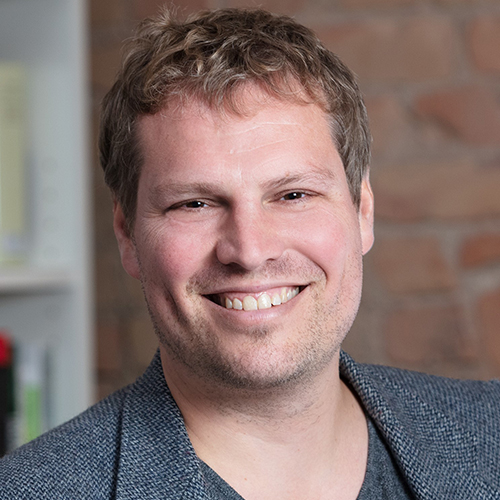
Prof. Dr. Felix Creutzig (Coordinator)
Felix Creutzig is the head of the working group Land Use, Infrastructures and Transport at MCC and the Chair of Sustainability Economics of Human Settlements at Technische Universität Berlin. His research focuses conceptualizing and quantifying GHG emissions of cities world-wide, developing an AI-based framework for agile low-carbon urban planning. He is currently coordinating lead author of the IPCC’s 6th Assessment Report.
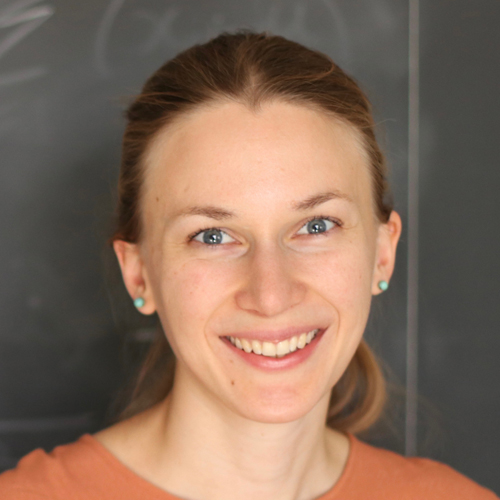
Prof. Dr. Lynn Kaack (Coordinator)
Lynn Kaack is Assistant Professor of Computer Science and Public Policy at the Hertie School, and a co-founder and chair of the organization Climate Change AI. Her research focuses on methods from statistics and machine learning to inform climate mitigation policy across the energy sector, and she also works on climate-related AI policy.
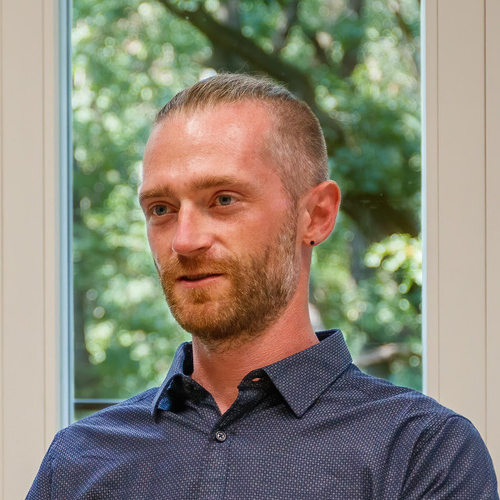
Prof. Dr. Niklas Boers
Niklas Boers is a physicist and mathematicial by training and has worked in methodological developments for Earth system science for ten years. He is currently Professor in Earth System Modelling at TU Munich and leads the Future Lab for Artificial Intelligence in the Anthropocene at the Potsdam Institute for Climate Impact Research. His current research interests focus on the development of hybrid approaches combining physical and Machine Learning methods to model mostly nonlinear behavior in the Earth system.
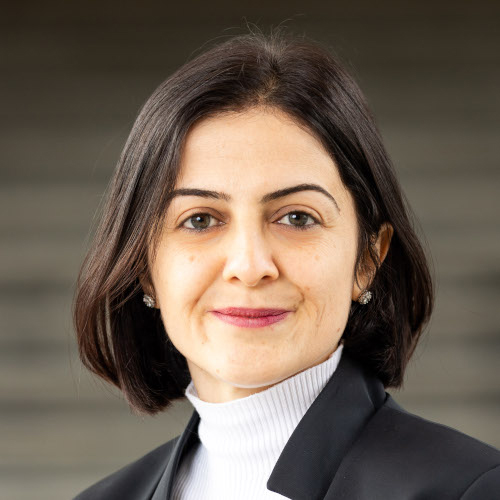
Prof. Dr. Begüm Demir
Begüm Demir is a Professor and the founder head of the Remote Sensing Image Analysis (RSiM) group at the Faculty of Electrical Engineering and Computer Science, TU Berlin and the head of the Big Data Analytics for Earth Observation research group at the Berlin Institute for the Foundations of Learning and Data (BIFOLD). She performs research in the field of processing and analysis of large-scale Earth observation data acquired by airborne and satellite-borne systems.
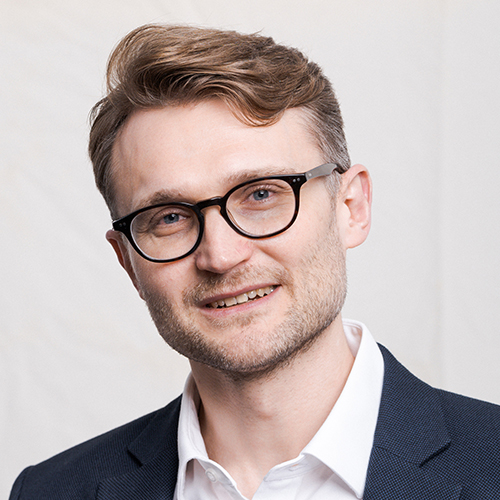
Prof. Dr. Slava Jankin
Slava Jankin is Professor of Data Science and Public Policy at the Hertie School. He is the Director of the Hertie School Data Science Lab. His research and teaching is primarily in the field of natural language processing and machine learning focusing on health implications of climate change.
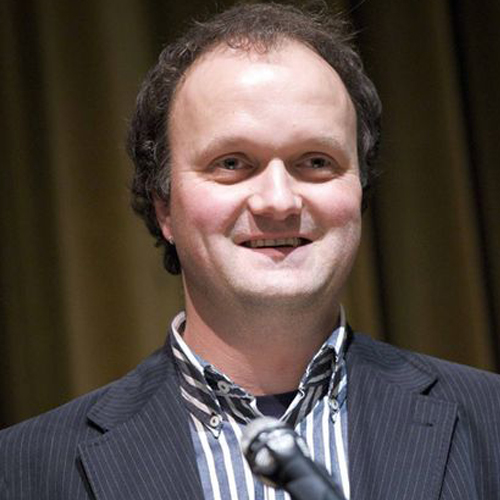
Prof. Dr. Sebastian Möller
Sebastian Möller is full professor for the subject area Quality and Usability at TU Berlin, and leads the research department on Speech and Language Technology at DFKI Berlin. He is interested in ML-based information extraction from text and speech, as well as in analyzing human behavior with respect to climate (mis-) information.
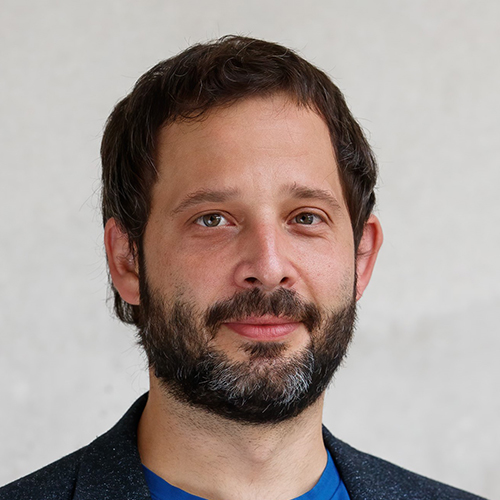
Dr. Peter-Paul Pichler
Peter-Paul Pichler was trained as a computer scientist and received his PhD in the field of complex adaptive systems. He has been working at the Potsdam Institute for Climate Impact Research since 2009 and is currently deputy lead of the FutureLab Social Metabolism and Impacts. His current research concentrates on energy use and greenhouse gas emissions in a distributional, regional, and sectoral context with a methodological focus on multi-regional input-output models, complex network analysis, and other quantitative empirical methods of data analysis. He is also interested in reproducible research and open science.
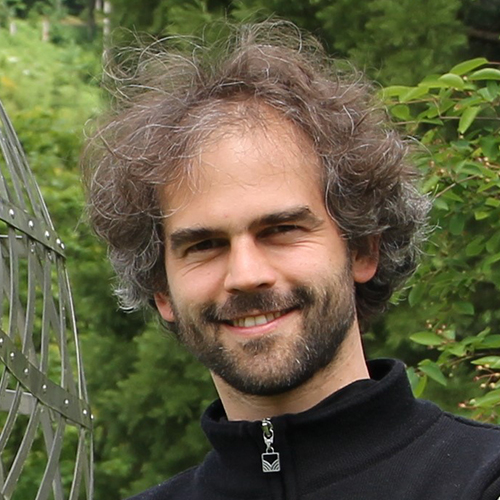
Prof. Dr. Jakob Runge
Jakob Runge heads the Climate Informatics group at German Aerospace Center’s Institute of Data Science in Jena since 2017 and is guest professor of computer science at TU Berlin since 2021 through the ERC Starting Grant CausalEarth. He studied physics at Humboldt University Berlin and obtained his PhD at the Potsdam Institute for Climate Impact Research in 2014.
Picture © Mathematisches Forschungsinstitut Oberwolfach

Prof. Dr. Philipp Staab
Philipp Staab is Professor of „Sociology of the Future of Work“ at Humboldt-Universität Berlin and at Einstein Center Digital Future (ECDF). As a sociologist he works on topics of technology, work, political economy, social inequality and social adaptation.

Dr. Quentin Lejeune
Quentin has a broad scientific background related to climate changes issues, especially climate impacts, interactions between land use and climate and climate services. He coordinates the European JPI-AXIS project LAMACLIMA, and is leading the work package on climate services products in the H2020 project PROVIDE. He conducted his PhD in Climate Science at ETH Zürich, where he later worked as a postdoc and where he is still affiliated.
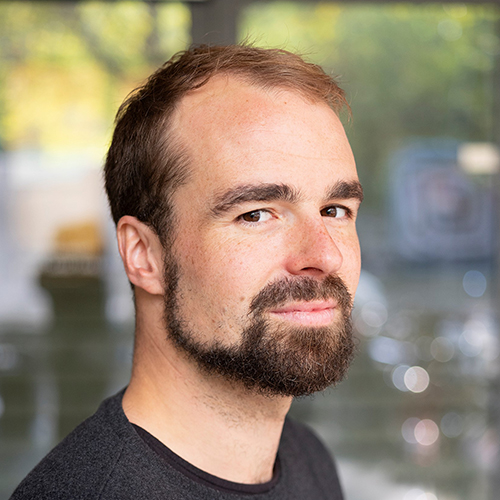
Dr. Carl-Friedrich Schleussner
Carl-Friedrich Schleussner is the Head of Climate Science at Climate Analytics and Group Leader at Humboldt University Berlin. He has longstanding expertise in climate modelling and climate impact science, multi-year experience in providing scientific advice at the climate-policy interface including the UNFCCC process. A climate physicist by training, he has received a PhD with distinction at the Potsdam Institute for Climate Impact Research. He has published more than 60 peer reviewed publications, book chapters and reports and his work has been covered in major news outlets around the globe.
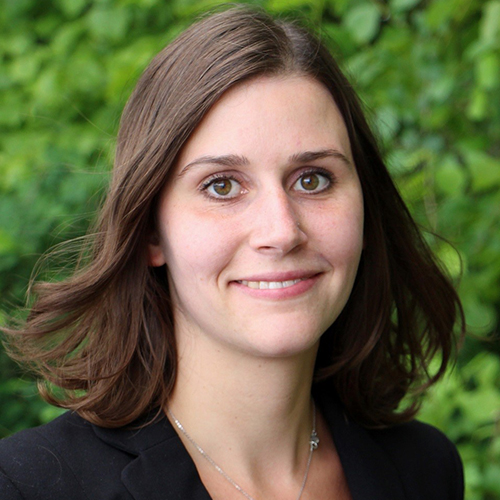
Dr. Leonie Wenz
Leonie Wenz leads the working group “Data-based analysis of climate decisions” at the Potsdam Institute for Climate Impact Research (PIK) and acts as deputy head of PIK’s research department “Complexity Science”. With her team, she employs a variety of data-analytic methods, ranging from statistics, econometrics, and machine learning to numerical modelling, to uncover how climate affects human well-being and economic development. A mathematician by training, Leonie obtained her PhD from University of Potsdam. Her work has appeared in, among others, Nature Climate Change, PNAS, and JEEM and has informed e.g. the German parliament and central banks.
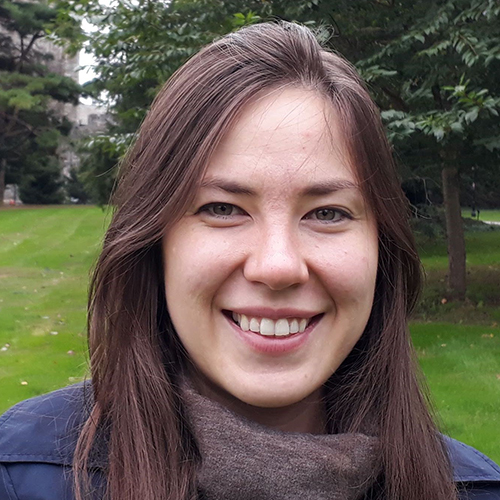
Dr. Anna Almosova
Anna Almosova received a PhD in Economics from HU Berlin and is currently an ECDF junior professor at TU Berlin. She works on interdisciplinary projects on the edge of macroeconomics and computer science such as forecasting (machine learning and XAI), agent behaviour and decisions making (reinforcement learning) and private and digital currencies.
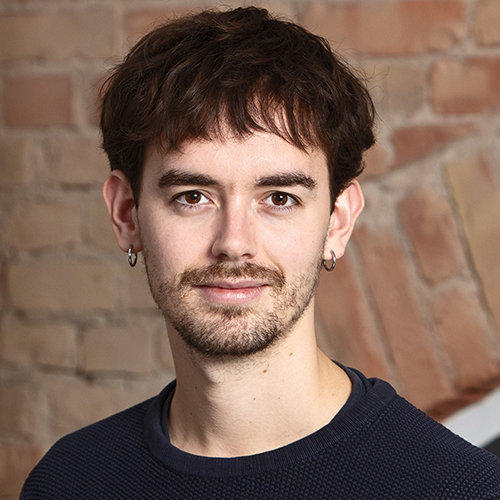
Nikola Milojevic-Dupont
Nikola Milojevic-Dupont is a PhD candidate at MCC Berlin and the Technical University Berlin, and the Chair of the Content Committee at Climate Change AI. He works on sustainable urban planning, with a particular focus on applying machine learning techniques to support data-driven public policies in urban areas.
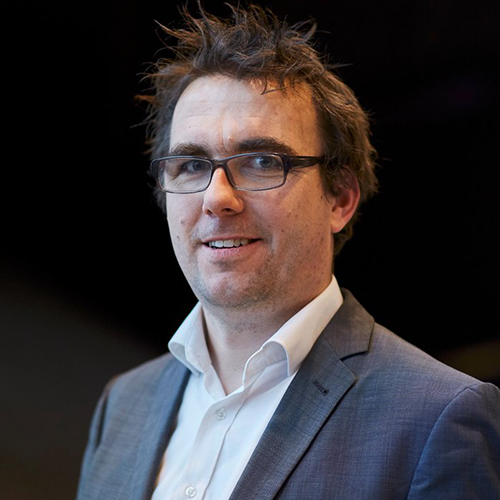
Prof. Dr. Jan Minx
Jan Minx is Head of the working group Applied Sustainability Science and the Priestley Chair for Climate Change and Public Policy at the University of Leeds. His research focuses on using data science methods for synthesizing the exponentially growing body of climate change research and using natural language processing for understanding influence, public perception and political economy in the context of climate policies.
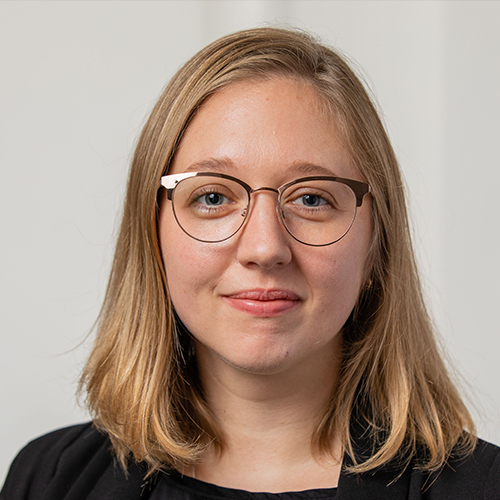
Prof. Dr. Rebecca D. Frank
Rebecca D. Frank is the Assistant Professor for Information Management at the Berlin School of Library and Information Science at the Humboldt-Universität zu Berlin and the Einstein Center Digital Future (ECDF). Her research examines the social construction of risk in trustworthy digital repository audit and certification. She also conducts research in the areas of open data, digital preservation, digital curation, and data reuse, focusing on social and ethical barriers that limit or prevent the preservation, sharing, and reuse of digital information.
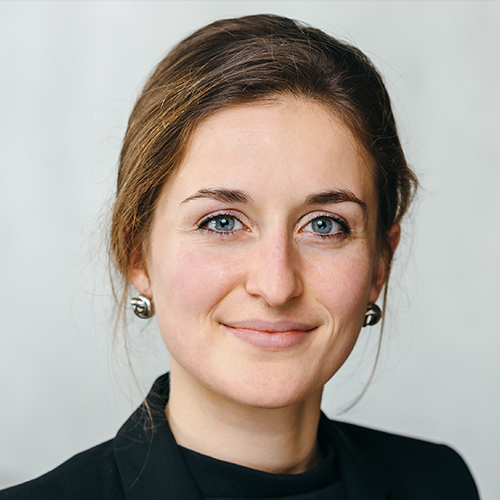
Stefanie Kunkel
Stefanie Kunkel is an economist working in the project “Digitalization and Sustainability Transformations” at the Institute for Advanced Sustainability Studies e.V. (IASS) in Potsdam. In the past, she has worked and done research in various contexts in the field of international environmental policy and economics, including in the United Nations Environment Programme in Geneva and in the European Parliament in Brussels. Stefanie is particularly interested in the question of how artificial intelligence can be shaped and designed politically and socially such that its use contributes to the well-being of people and the environment.
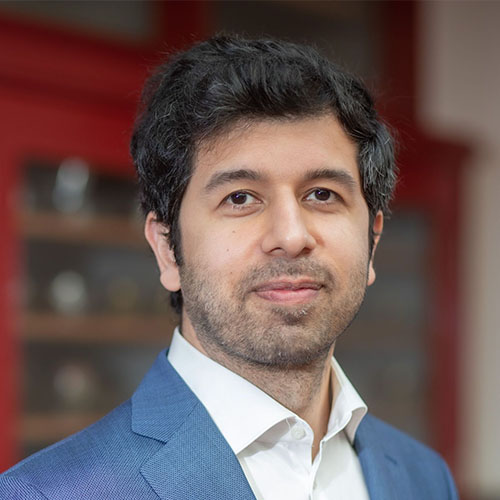
Abdulla Ghani
Abdulla Ghani is a Junior professor at the Interdisziplinäres Zentrum für Modellierung und Simulation (IMoS) at TU Berlin and heads the Data Analysis and Modeling of Turbulent Flows group. He develops methods combining high-performance computing and data-driven models for combustion processes with zero-carbon and noise emissions.
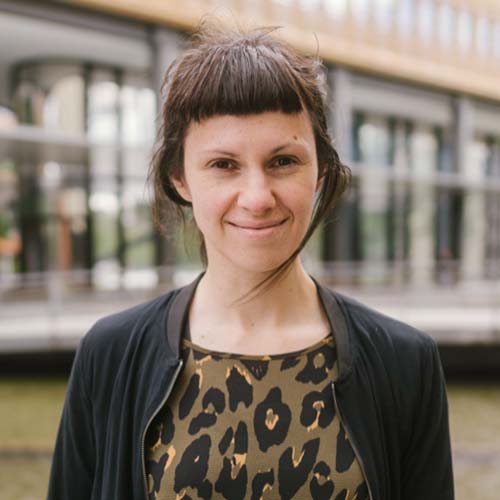
Helena Mihaljević
Helena Mihaljević is Professor of Data Science at the Hochschule für Technik und Wirtschaft (HTW) Berlin in association with the Einstein Center Digital Future. She typically works in interdisciplinary research teams on topics connecting data science to privacy and transparency of data-based technologies, employing methods from statistical data analysis, machine learning and information retrieval. A mathematician by training, Helena Mihaljević received her PhD from the University of Liverpool for her work on holomorphic dynamical systems.
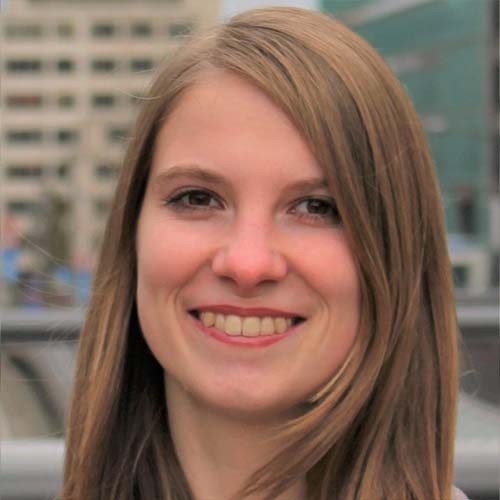
Andrea Hamm
Andrea Hamm is a PhD candidate at the Weizenbaum Institute and TU Berlin. She investigates civic technologies for environmental monitoring in the context of making cities and communities more sustainable. She is particularly interested in the real-world effects of AI technologies, for example how exactly AI-supported simulations contribute to reducing C02 footprints and material consumption.

Dr. Marina Marie-Claire Höhne
Dr. Marina Marie-Claire Höhne (née Vidovic) leads the research group UMI lab, focusing on explainable AI at TU Berlin. Since 2021 she is a junior fellow at the Berlin Institute for Foundations of Learning and Data (BIFOLD) and a fellow of the ProFiL excellence program.
Since 2021 she has a secondary employment as Associate Professor at the Arctic University of Norway.
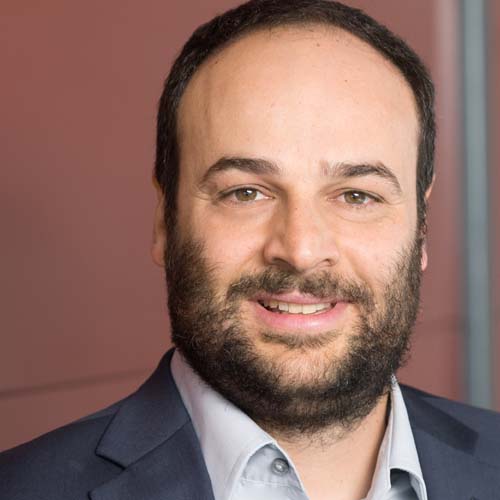
Dr. Grischa Beier
Dr. Grischa Beier is leading the IASS research group on “Digitalization and Sustainability Transformations”, which explores the effects of digitalisation on industrial sustainability, and global value chains. He is also leading the Junior Research Group ProMUT on digitalized Corporate Sustainability Management. His research focuses on social and ecological effects of the broad application of digital technologies in industrial contexts (aka Industry 4.0).


